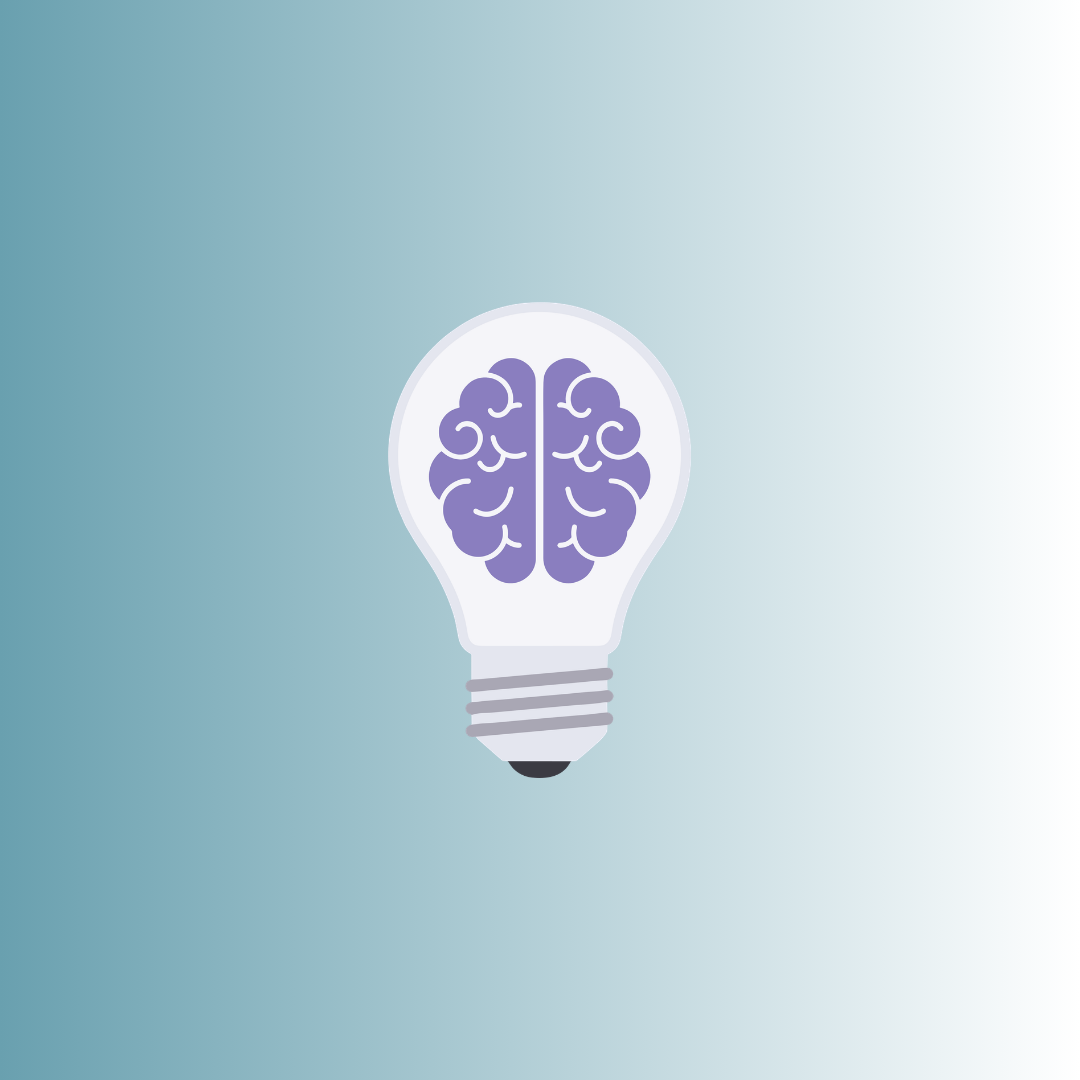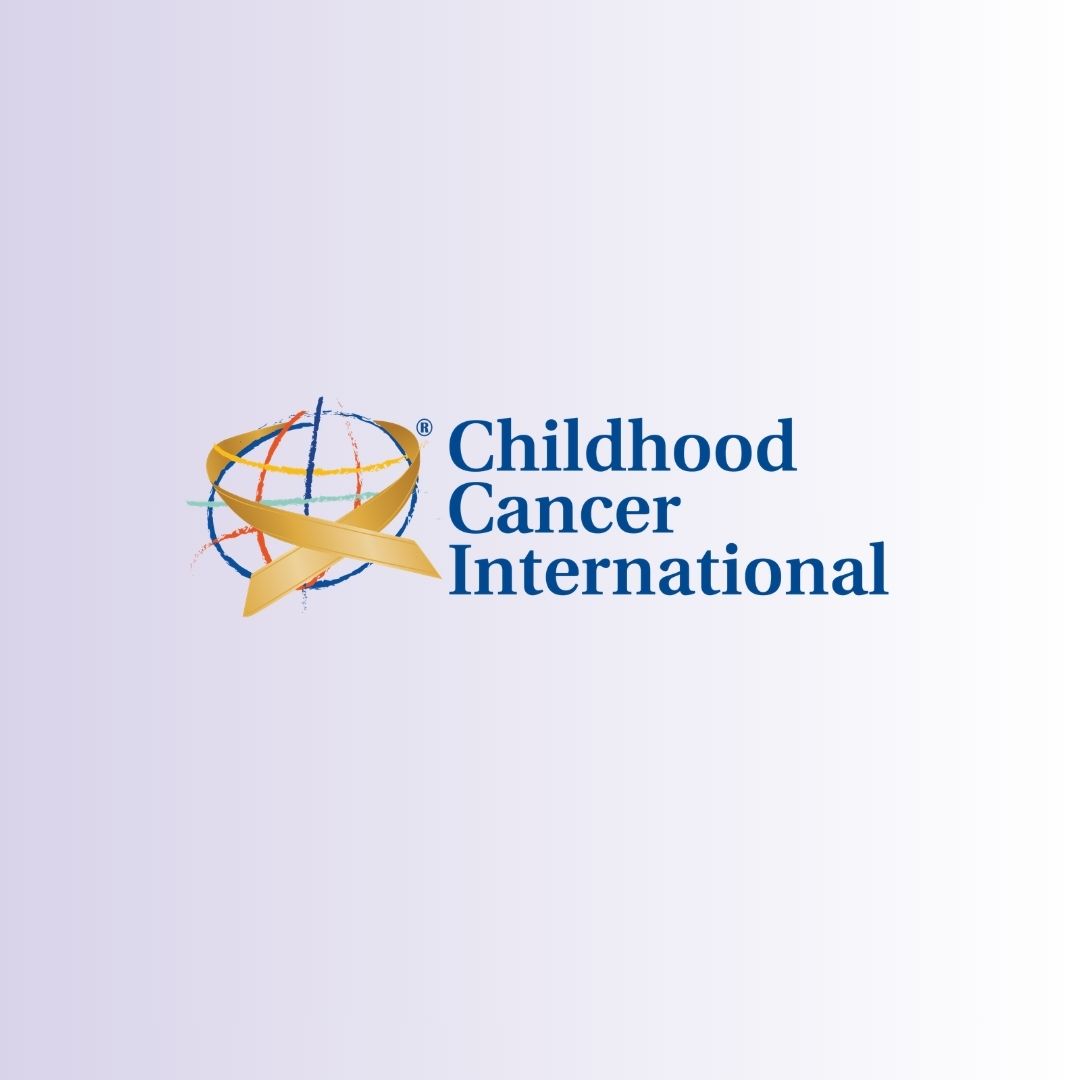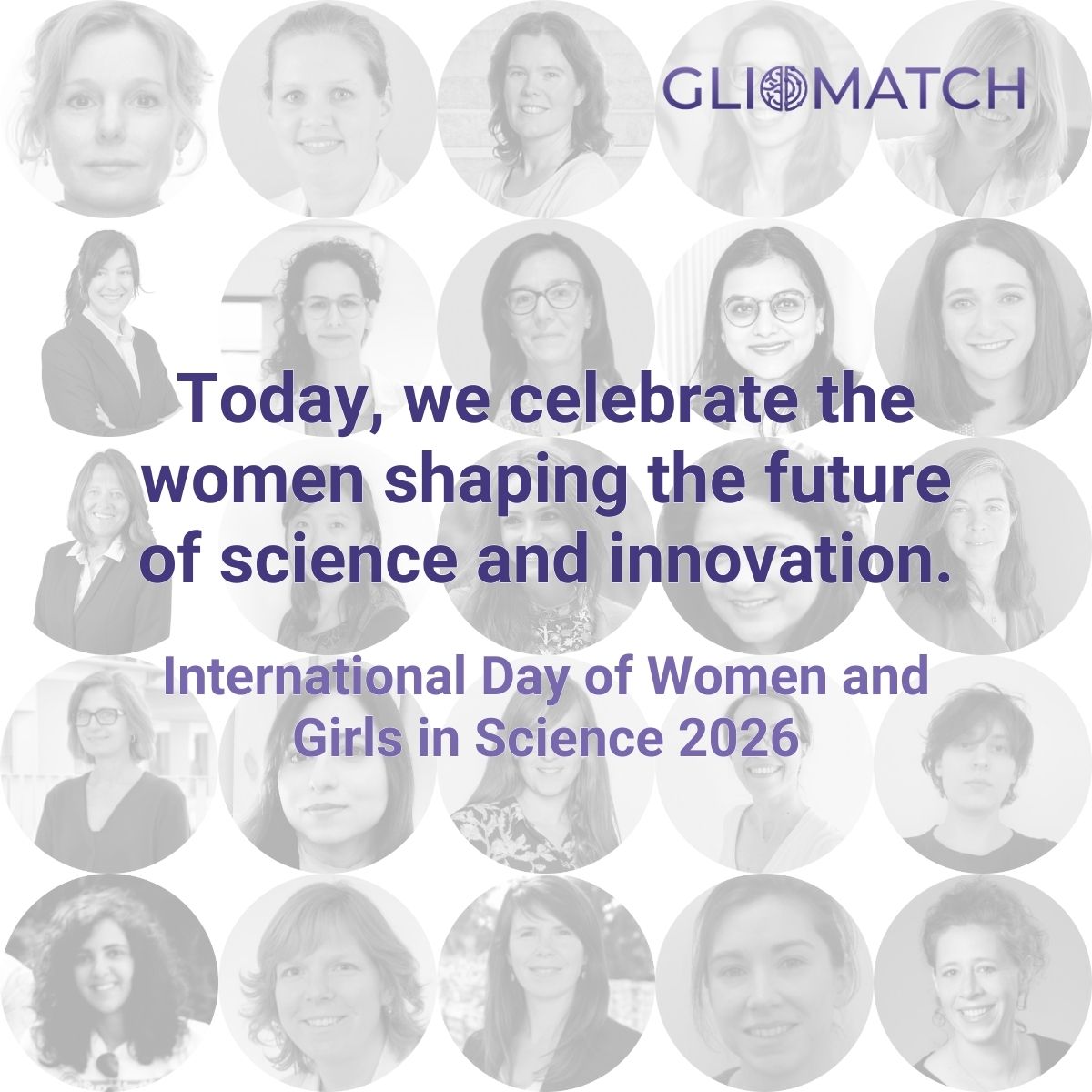Glioblastoma Awareness Day (GBM Day) was marked on 17 July 2024, a crucial occasion dedicated to increasing awareness of glioblastoma, fostering research, and offering support to patients and their families affected by this brain tumour. In support of this cause, GLIOMATCH launched a social media campaign throughout July 2024 to highlight brain cancer awareness. Here, we summarise the key points from our campaign.
Understanding Brain Tumours
Each year, around 64,000 people in Europe are diagnosed with brain cancer, highlighting the urgent need for ongoing research and better treatment options.
Glioblastoma (GBM) is one of the most aggressive and lethal forms of brain cancer, representing 50% of all adult brain tumours. Despite medical advancements, the prognosis for GBM remains bleak. Likewise, paediatric high-grade gliomas (pHGG) pose significant health challenges for children and young adults, making up a substantial portion of paediatric brain tumours.
Despite extensive research over the past 30 years, mortality rates for GBM and pHGG remain high. This highlights the urgent need for dedicated research to develop more effective treatments and ultimately find a cure. Global funding and awareness around brain tumour research remain comparatively low. Our consortium recognised the need to address this issue. We are proud to be working towards improving the lives of all those affected by GBM and pHGG together with our GLIOMATCH project partners.
From Symptoms to Diagnosis
Brain tumours, including GBM and pHGG, are notoriously difficult to treat due to their aggressive nature. The symptoms of brain tumours can vary widely, but common signs include:
- New onset or worsening headaches: Unlike regular headaches, these are frequent and may not respond to over-the-counter pain medications.
- Nausea and vomiting: Often worse when lying down or bending over due to increased intracranial pressure.
- Sensory and motor changes: These can include visual disturbances, loss of sensation, muscle weakness, and gait disturbances.
- Cognitive and behavioural changes: Memory loss, difficulty with new tasks, mood changes, irritability, and emotional instability.
- Communication problems: Difficulty finding the right words, speaking incoherently, or trouble expressing or understanding language.
- Seizures: Uncontrolled movements, loss of consciousness, and other symptoms such as numbness, tingling, and unusual sensations.
Diagnosing a brain tumour typically involves brain imaging, such as MRI, and a biopsy to confirm the type of tumour.
EU's commitment to Cancer Research
The EU has shown a strong commitment to cancer research through its Horizon Europe programme, which allocates €95.5 billion for research and innovation from 2021 to 2027. The EU Cancer Mission (CM), part of this initiative, aims to improve the lives of over 3 million people by 2030 through prevention, treatment, and support for affected families. The CM’s focus areas include understanding cancer, prevention and early detection, diagnosis and treatment, and enhancing patients’ quality of life.
GLIOMATCH, an EU-funded project, is part of the Understanding (tumour-host) Interaction Cluster alongside other projects such as ARTURO, HIT-GLIO, MULTIR, THRIVE, and SPACETIME. These projects collaborate to identify common challenges, share best practices, and maximise the impact of their research efforts.
GLIOMATCH project coordinator Frederik De Smet from KU Leuven discussed collaboration opportunities during the “EU Cancer Mission – First Project Cluster Policy Webinar: Understanding Cancer” on 4 July 2024. According to Prof. De Smet, “Communicating together on common themes with policymakers is far more powerful for driving change and being heard than doing so individually for each project.” Together with our GLIOMATCH partners, we continue to call for EU decision-makers to prioritise research and ensure equal access to the latest diagnostic tools and treatments across Europe.
Support from Patient Organisations
Patient organisations like Cancer Patients Europe (CPE) play a vital role in the fight against brain cancer. Francisco Lozano, Chair and Patient Advocate of CPE, emphasised the importance of these organisations in addressing patient needs and influencing policymakers. CPE’s involvement with GLIOMATCH ensures that patient perspectives remain at the forefront of research and advocacy efforts.
Francisco Lozano believes that GBM Awareness Day is a crucial moment to highlight the devastating impact of this cancer on countless individuals across Europe and globally. He says, “By working together, we can advance research to deepen our understanding and develop effective treatments. Equally important are policy efforts to ensure that everyone, everywhere in Europe, benefits from the latest innovations.”
Throughout July, we launched the #GBMAwarenessCampaign to reaffirm our commitment to advancing research, supporting patients and families, and ultimately finding a cure for this devastating disease. Follow GLIOMATCH on LinkedIn and Facebook for more information on brain tumour research and updates on our milestones towards improving the clinical outcomes of GBM and pHGG.





